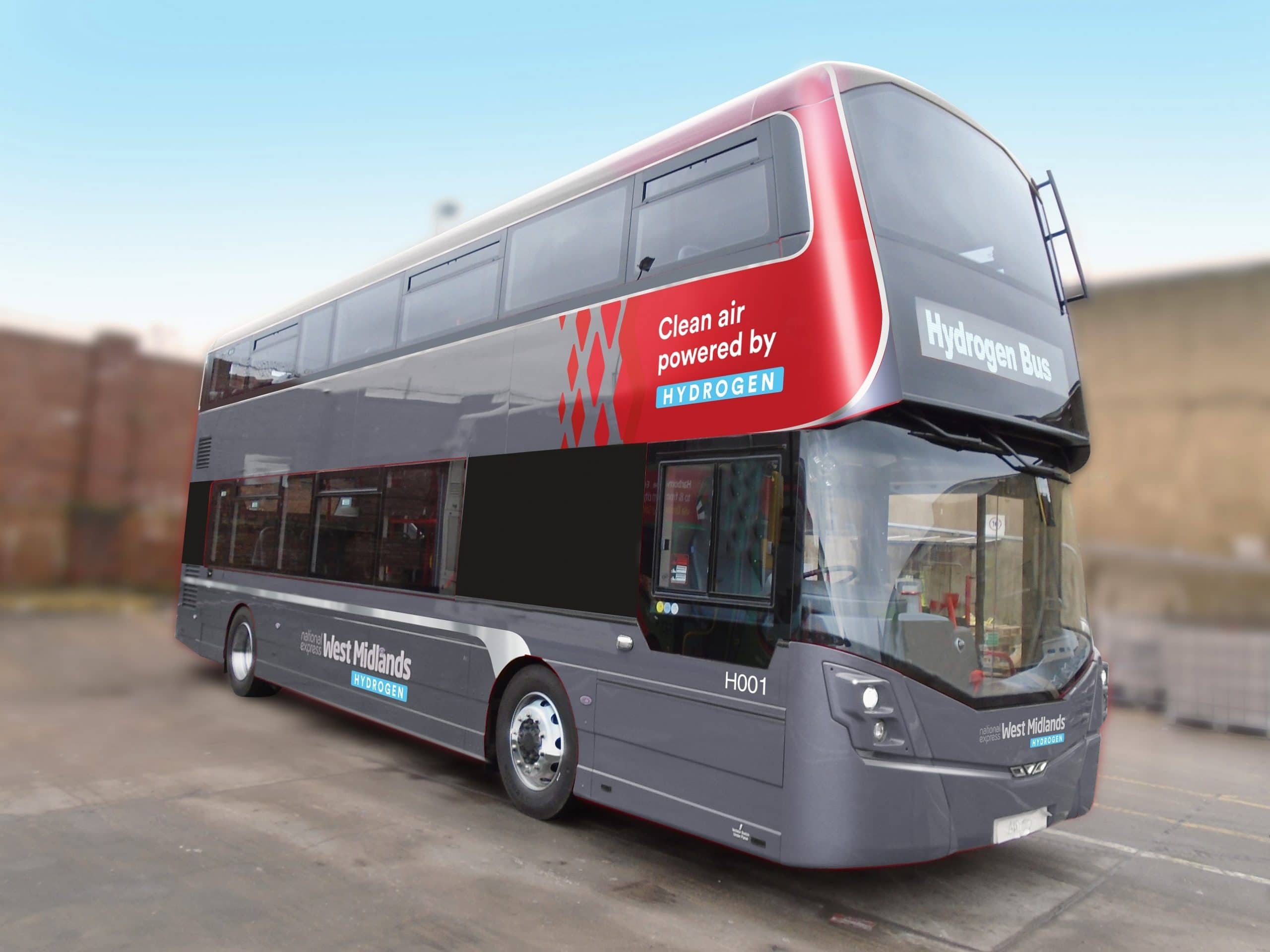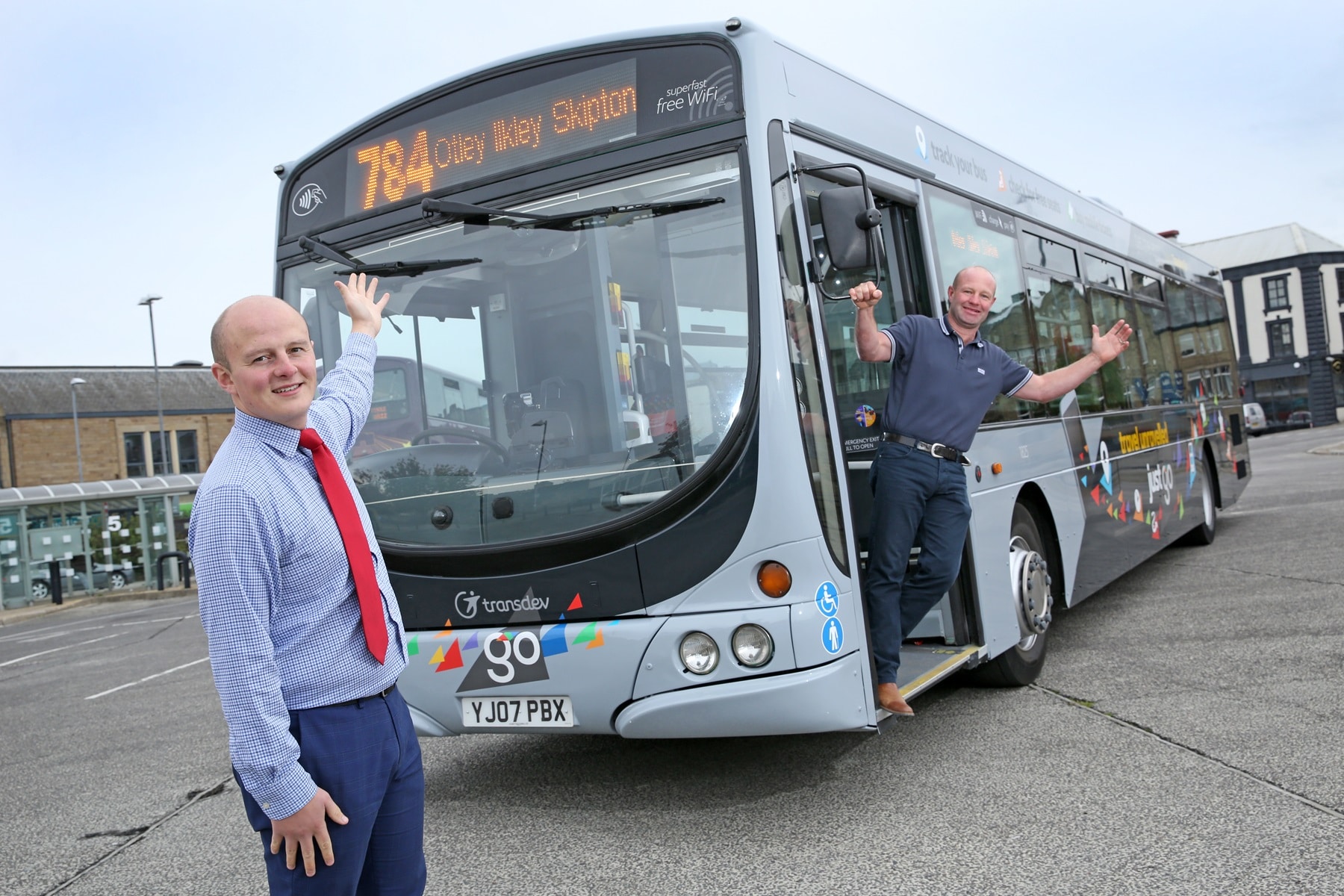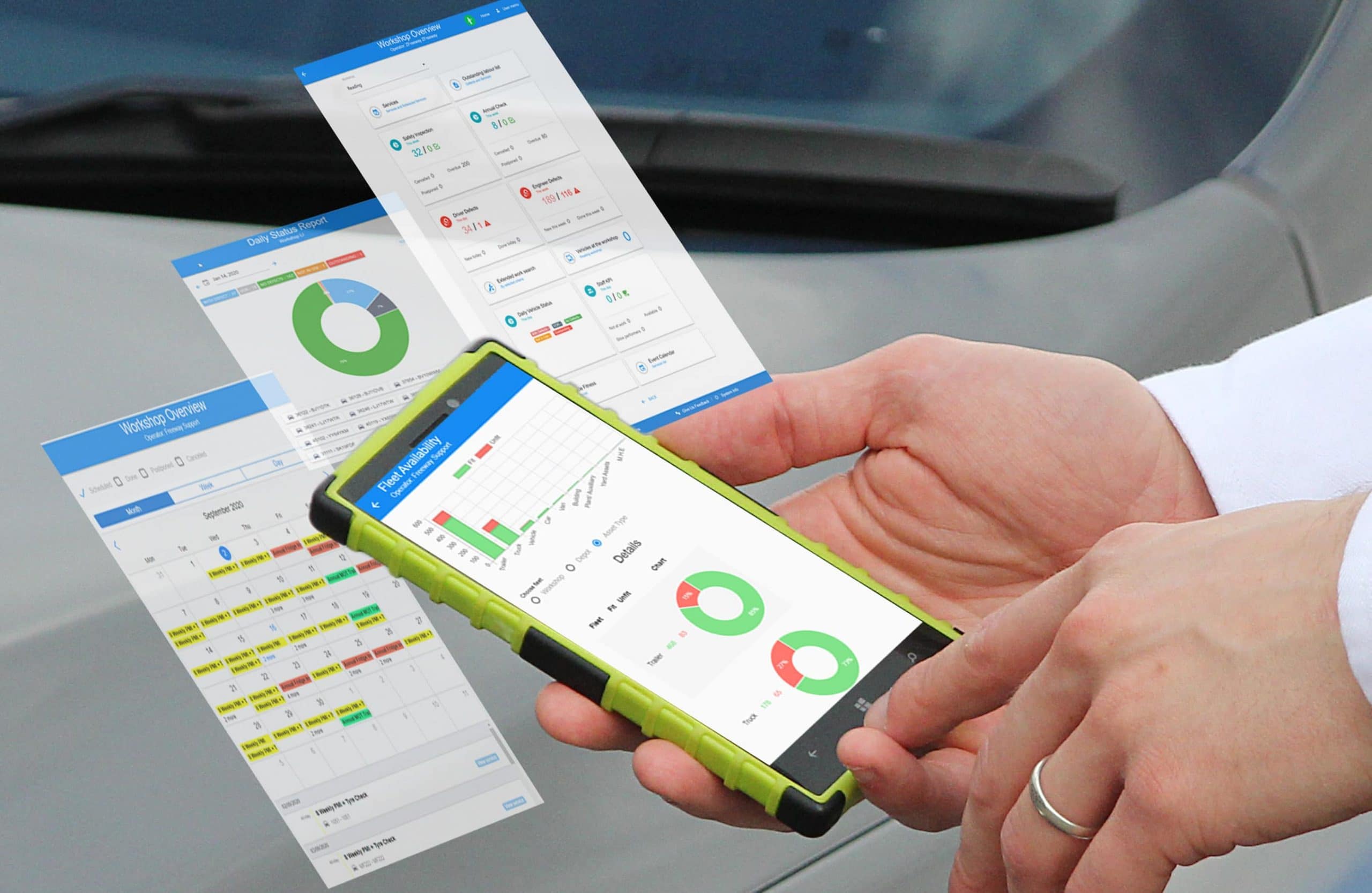Birmingham City Council (BCC) has placed an order with Wrightbus for 20 hydrogen fuel cell-electric StreetDeck FCEV double-deckers. They will enter service with National Express West Midlands (NXWM) from April 2021.
The buses are part of BCC’s Clean Air Hydrogen Bus pilot. That project aims to ‘kick start’ the use of hydrogen as a fuel. BCC has collaborated with ITM Power, which will produce the hydrogen and dispense it from a hub at Tyseley Energy Park.
There is an aim to run the Wrightbus StreetDeck FCEV buses on the region’s Sprint bus rapid transit network when it opens. They will complement 29 zero-emission, battery-electric BYD ADL Enviro400EV double-deckers already in service with NXWM in Birmingham and Coventry and represent a further step in National Express’s commitment that its entire bus fleet will be zero-emission by 2030.
National Express UK Managing Director Tom Stables says the hydrogen double-deckers will help the group to “learn which routes lend themselves” to the energy source. They will also allow it to evaluate what the mix of vehicles in its fleet should be going forwards. The StreetDeck FCEVs will have a range of 300 miles.
“These new buses will be fitted out to our Platinum specification, so customers will benefit from free wi-fi, USB chargers and extra legroom,” adds Mr Stables.
The Clean Air Hydrogen Bus pilot is being funded through a variety of sources, including the Office for Low Emission Vehicles, Greater Birmingham and Solihull Local Enterprise Partnership, BCC and the Joint Initiative for Hydrogen Vehicles across Europe (JIVE).
Wrightbus will also supply StreetDeck FCEVs to Aberdeen and London, which it says are expected to enter service later in 2020. The manufacturer also plans to deploy the model elsewhere in Europe.
Wrightbus Owner and Chairman Jo Bamford has used the Birmingham order as a platform to reiterate his earlier comments that the adoption of fuel cell power could help to develop “a world leading UK hydrogen economy, which will bring multi-million pound investments and tens of thousands of jobs.”



























